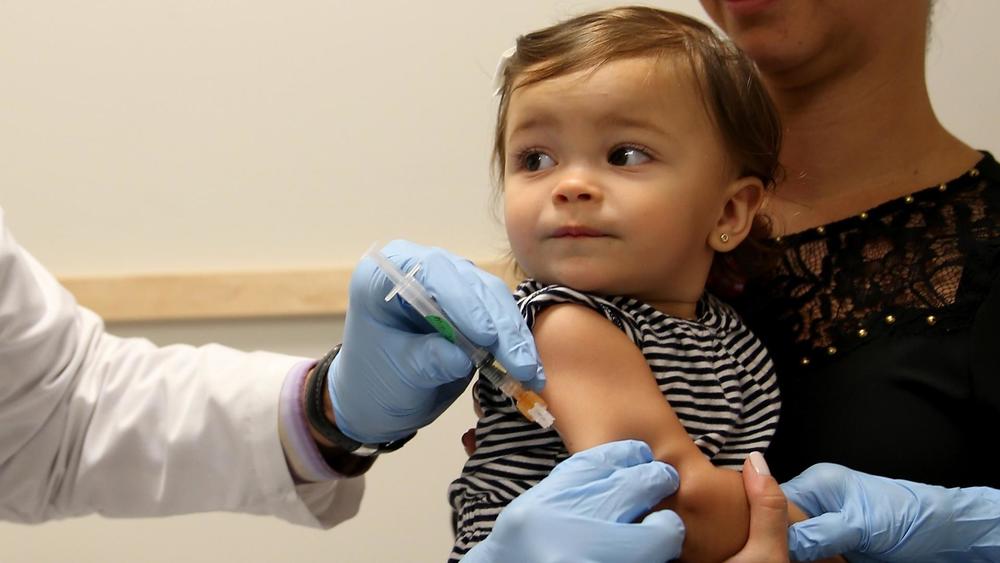
Section Branding
Header Content
Even mild infections can lead to long COVID, the CDC says. But vaccination could help
Primary Content
LISTEN: The number of Georgians hospitalized from the flu is rising, according to the state’s Department of Public Health. Meanwhile, the CDC is reminding people to get vaccinated for flu and COVID-19. GPB’s Ellen Eldridge has more.

Some people are more likely to get severe illness from the flu and COVID-19. In some cases, even mild COVID infection can lead to lingering disease and sometimes debilitating symptoms known as long COVID.
The multi-system disease is characterized by diverse features such as dyspnea, chest pain, fatigue, cognitive impairment, deep vein thrombosis, gastrointestinal dysfunction, and other symptoms. It has been hypothesized that fragments of the virus can persist for months in tissues, driving chronic inflammation.
But Dr. Paul Friedrichs, with the White House Office of Pandemic Preparedness and Response, said compelling data shows that those who are vaccinated are less likely to develop long COVID.
"We've still got many Americans across the country dealing with long-term consequences, even if they had a mild infection," he said. "Some of them develop these long-term consequences of that infection, which we can largely prevent if you're vaccinated."
Many otherwise healthy people continue to say fatigue, autoimmune disorders, and chronic inflammation persist for months and even years after acute COVID-19 infection.
But vaccinating annually against seasonal viruses including influenza, SARS-CoV-2, and respiratory syncytial virus (RSV) helps protect more than the patient, Friedrich said.
"My dad will be 97 in January," he said. "My mom's 86, still alive. The last thing I would ever want, even though I'm a healthy person, is to have a mild COVID infection and give it to them and cause them to have a serious illness. And I think this is part of thinking through not just what's best for me as an individual, but what's best for others that I'll come in contact with."
Those at highest risk of severe illness are those over age 65, and the majority of hospitalizations or death are among that group. But folks who have underlying conditions are at increased risk, and 70% of adults in the country fall into that category, said Dr. Mandy Cohen, Director of the Centers for Disease Control and Prevention.
She said her 9- and 11-year-old daughters received the updated COVID vaccine this year.
"I looked at the data for pediatrics and what we see is that while kids get less sick than adults, when kids get very sick from COVID and get into the ICU, half of them don't have any underlying conditions, meaning we don't know what it is that makes them very sick," Cohen said.
Anyone who may be at high risk or around others at risk of severe illness should discuss with their medical providers about whether vaccines are right for them.

